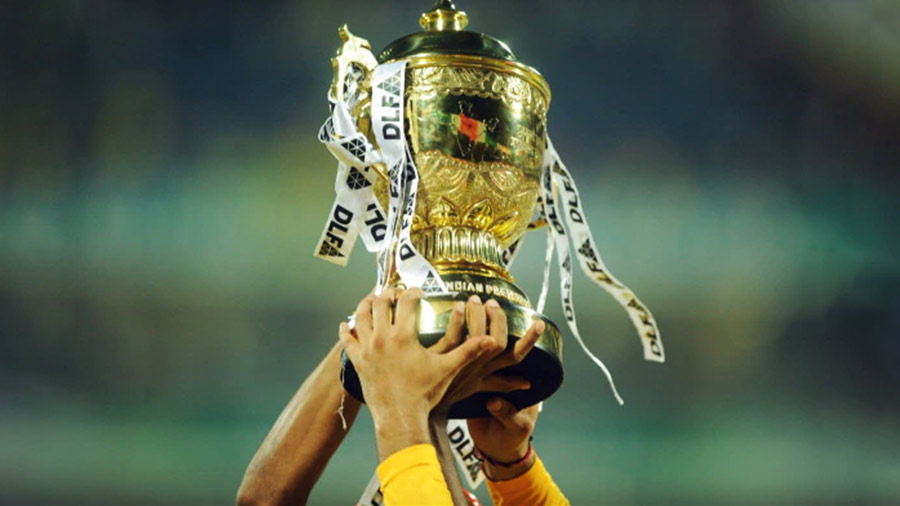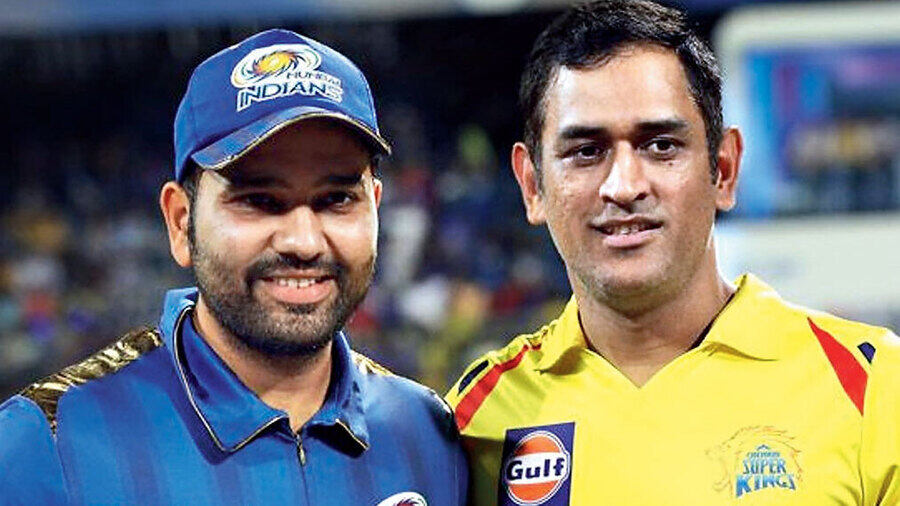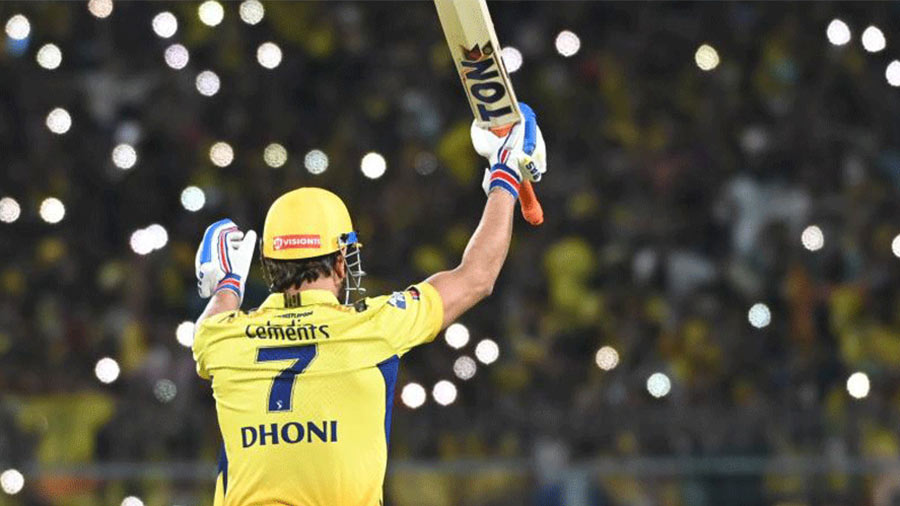Seven different franchises have won the Indian Premier League (IPL) in 15 seasons. But what have been the common factors in their success? If we were to scrutinise their distinguishing features, would we find any meaningful trends with which to design a winning combination for the IPL? In other words, is it possible to create an XI that is virtually guaranteed to take home the IPL trophy? The short answer is yes — just ask the Mumbai Indians (MI) or the Chennai Super Kings (CSK). The long answer is also yes, but a far more interesting one, which My Kolkata will reveal step by glorious step.
What have we studied in our pursuit of glory?
Simply put, all the starting lineups of winners from the previous 15 IPL finals. We have analysed their personnel, their budget, their nationalities and their player skills to pin down what it is that constitutes the stuff of champions. Without further ado, here is what you need to create an IPL-winning team from scratch:
An average age of 28 and as many Aussies as possible
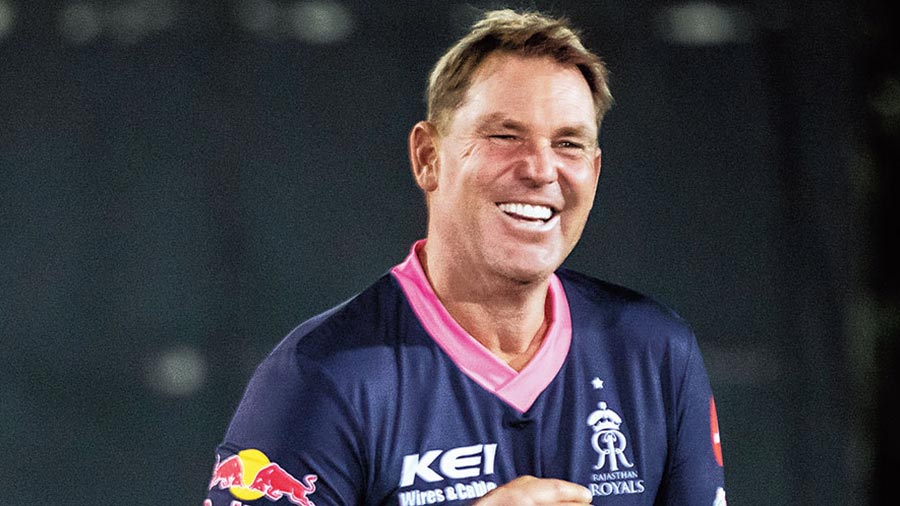
Shane Warne is one of three Australian skippers to win the IPL, with the other two being Adam Gilchrist and David Warner TT archives
When CSK clinched their fourth IPL title in 2021 with an average age of 33 in their starting XI, they were very much the exception to the rule. Most IPL-winning teams have an average age between 27 and 29, with 28 being the golden mean. With an average age of 26, the Rajasthan Royals (RR) were the youngest side to triumph in IPL history, all the way back in the inaugural edition in 2008.
Apart from a team where most players are on the right side of 30, an IPL-winning combination needs a fair few Australians. Barring Indians (which is obvious given at least seven of them play for a side every game), no nation has produced more IPL winners than Australia, with 21 Aussies grabbing top honours. Only three IPL champions so far have not featured a single Australian in the final — the Kolkata Knight Riders (KKR) in 2014 and MI in 2015 and 2019. If you cannot pack in as many Aussies as possible, the next best overseas pool to scout from is the West Indies (with 13 winners till date), followed by South Africa (with 11).
A collection of Rs 35 crore, 558 runs and 22 wickets
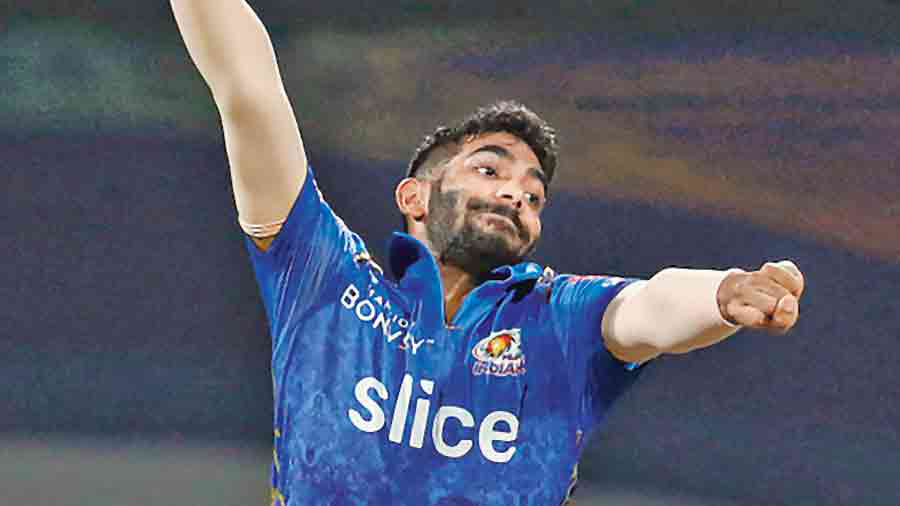
No IPL champion has picked up more wickets in a single season than Jasprit Bumrah, who claimed 27 wickets in 2020 TT archives
How much money to spend in order to assemble a title-winning side? This is a tricky question to answer given how some IPLs have featured mega auctions over the years, while others have been more about continuity and reining in the cash. Having said that, the average sum dished out on an IPL-winning team over 15 seasons is Rs 35 crore. KKR splurged the most when they coughed up an astronomical amount of Rs 62.5 crore in 2012, while RR were the embodiment of financial
prudence when they upset the apple cart four years prior with a budget of only Rs 18.6 crore. Bear in mind that these figures only include the amount paid by teams for new players at auctions and are exclusive of the salaries players receive seasonally or the figures set aside to
retain players.
Having signed the best talent to represent a team, how much should be expected from them? The record books show that an IPL-winning team needs its most prolific batter to score at least 558 runs and its most destructive bowler to pick at least 22 wickets to optimise the chances of victory. In 2016, the Sunrisers Hyderabad’s (SRH) David Warner went way better as he finished the season on 848 runs, while Jasprit Bumrah set the benchmark for title-winning bowlers when he pocketed 27 wickets during an unstoppable campaign in 2020.
How much does the winning experience matter?
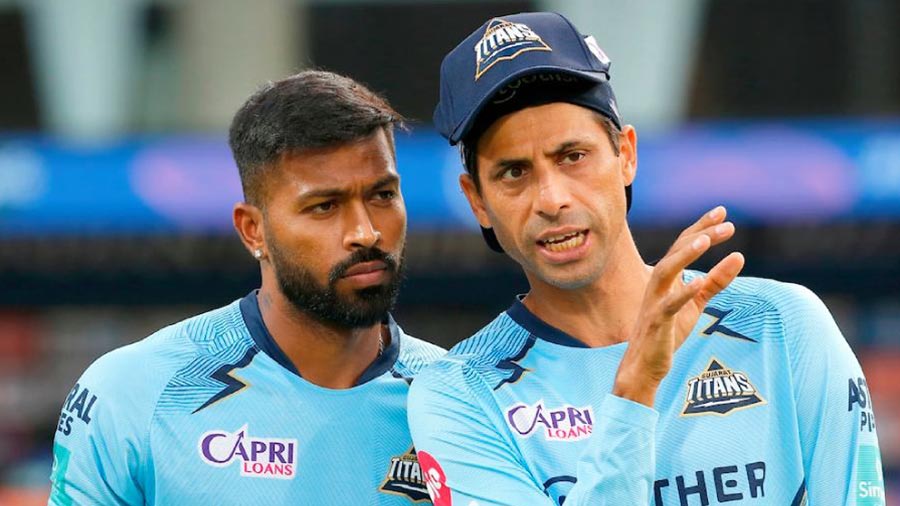
Ashish Nehra is the only Indian head coach to guide his team to victory in the competition TT archives
On average, every IPL-winning XI has had at least four players who have won the competition before. Which is why it is a safe bet to have a few names who know how to control their nerves on the big occasion. Defending champions Gujarat Titans (GT) can attest to that after their skipper Hardik Pandya produced a memorable performance to guide them to their maiden title last year, having already won the competition four times before.
Of course, experience on the pitch is not the only thing that counts. Counsel from the dugout can matter just as much at the right moments. History tells us that an Indian head coach yields very little returns in the IPL, since Ashish Nehra is the only one to be crowned champion. Once again, the Aussies rule the roost with six out of 15 IPL-winning coaches coming from the land of the Baggy Green. However, if we were to cherry pick even more precisely, we should simply hire Stephen Fleming as coach (assuming CSK let us), for nobody has coached more IPL-winning teams than the former Kiwi captain’s four.
A readymade XI of champions
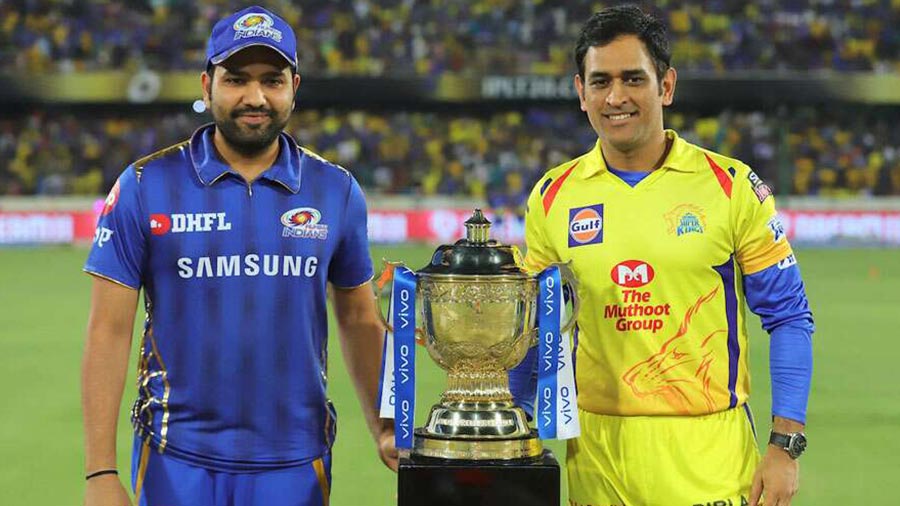
Rohit Sharma and Mahendra Singh Dhoni have won a mind-boggling 10 IPL titles between them TT archives
How does our aforementioned advice stack up against the most decorated IPL XI of all time? Based on how many IPL titles players have won, we have curated a team comprising seven Indians and four foreigners with a caveat that no franchise can have more than three players represented if all three won all their IPL titles with the same team. Turns out this golden XI does not include a single Aussie (because they have been too numerous over the years!) but passes the eye test, in terms of having the three most important criteria for champions — specialist finishers, a couple of all-rounders and one, if not two, outstanding death bowlers.
Opening the batting for our IPL all-time XI are Gautam Gambhir and Rohit Sharma, who have a staggering eight titles between them (six of them belong to Rohit, though). At number three is the IPL’s most consistent number three in Suresh Raina, who has three winner’s medals, followed by Hardik Pandya, a five-time champion, and Shakib Al Hasan, who triumphed in 2012 and 2014. Next up is our captain and wicket-keeper, Mahendra Singh Dhoni, a veteran of 10 IPL finals and four championships (at least until Sunday night), who will share finishing duties with all-rounder Kieron Pollard, a fixture of every single IPL-winning lineup for MI.
If all this batting firepower falls short, we still have Ravindra Jadeja at number eight, who won the IPL in 2008, 2018 and 2021, and whose spin twin in this XI is Sunil Narine, the lynchpin of KKR’s two successes. No surprises in the fast bowling department, with both slots taken up by MI stalwarts, Lasith Malinga and Jasprit Bumrah, perhaps the most formidable pace partnership in IPL history.
And there you have it! What an IPL-winning team should have along with a readymade formation of the players who have exemplified the winning formula on the pitch over a decade-and-a-half. But then again, cricket is a funny sport, and IPL is its funniest version, which means that sometimes all you need to win the IPL is a group of 11 men (now 12, thanks to Impact Players) who simply want to win more than the opposition, steered to their destiny by good-old Lady Luck.
